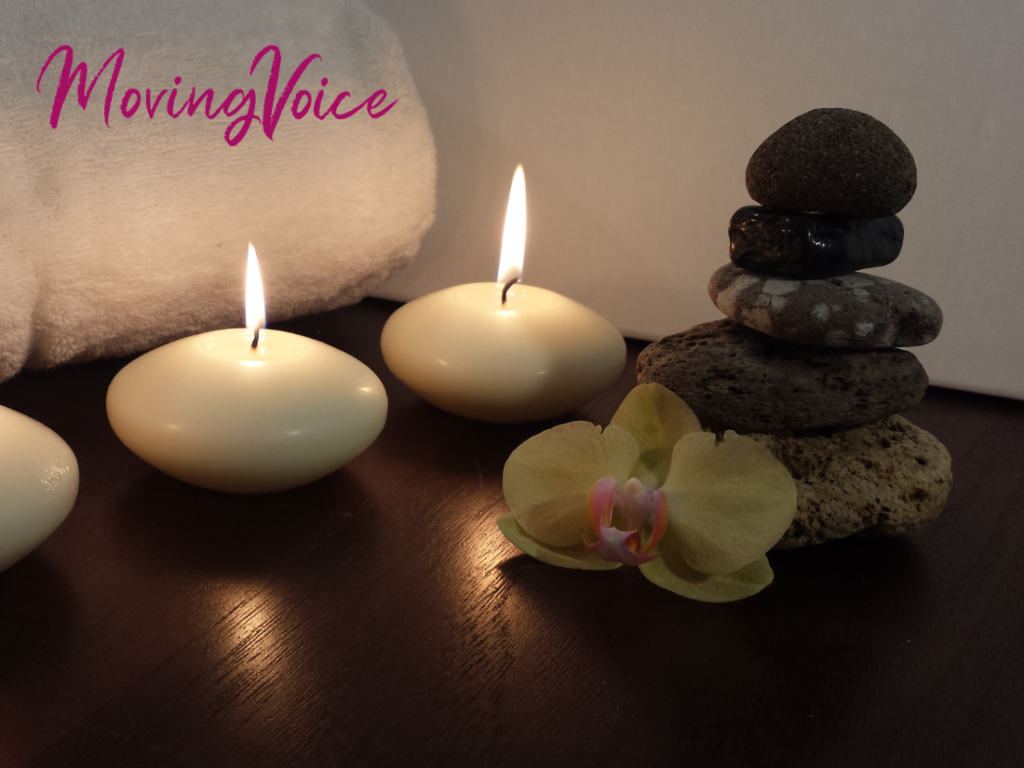
Orienting to the health is an expression that I learned when I trained in Matrix Group Leadership.
This can be tricky when you have a sensitive nervous system, chronic pain or illness.
By the age of 12, I began saying over and over, “Well, it’s hard because…”
Well, it’s hard because… I’m not good at that or I get nervous or I might screw up. It’s hot. It’s cold. It’s buggy.
If I choose to Orient to the Health, it can’t be by overriding my reality. Does that make sense?
Facing and owning our unique, individual reality is critical to our healing. And reality includes everything, not just the good stuff. It includes the reality of our body and the reality of our mental states.
My reality?
Well, I had a pollyanna mother.
My vulnerability was squashed, hidden and held.
And this created a lot of need.
“This is really painful and hard. I’m scared to do it alone.
WHY AREN’T YOU PAYING ATTENTION TO ME?!”
And then, I developed chronic pain.Even still, I don’t want to lead with “It’s hard because…”.
I don’t want to be pollyanna either and say everything’s great all the time.
How do we strike this delicate balance?
I don’t want to whine. And I don’t want to ignore, shove aside, not include.
Everybody struggles.
We might feel like our struggles are bigger, more embarrassing, excruciating and insurmountable.
Everybody struggles.
So, taking ourselves out of the game of life, just because “it’s hard”, doesn’t serve us or the world.
I still want people to understand what it’s like to be me.
I still want the support that I never got.
And that’s ok. That’s OK.
But if I keep looking for that outside of myself, then, I keep talking about “how hard it all is”.
Ultimately, I need to be that support for myself. Isn’t that the worst?!
If I can support myself and really have compassion for “how hard it really does feel” to do certain things…if I can take that seriously, rather than judge it or override it. Then, maybe then, I can show up with my strengths. I can orient to the health.
So, here’s the plan:
- Spend time with the part of myself that “feels like it’s all so hard”. Let her know I REALLY get it.
- Show up with my strengths, my humor and my joy, and share it, as best I can.
- Set Boundaries. Because it turns out that supporting ourselves requires that we get good at setting boundaries.
- Let go of needing to convince the world that I really, truly, am broken.
- Lean into the health.
I hope you’ll join me in striking this delicate balance in your life!
And as always, I’d love to hear how it goes.
